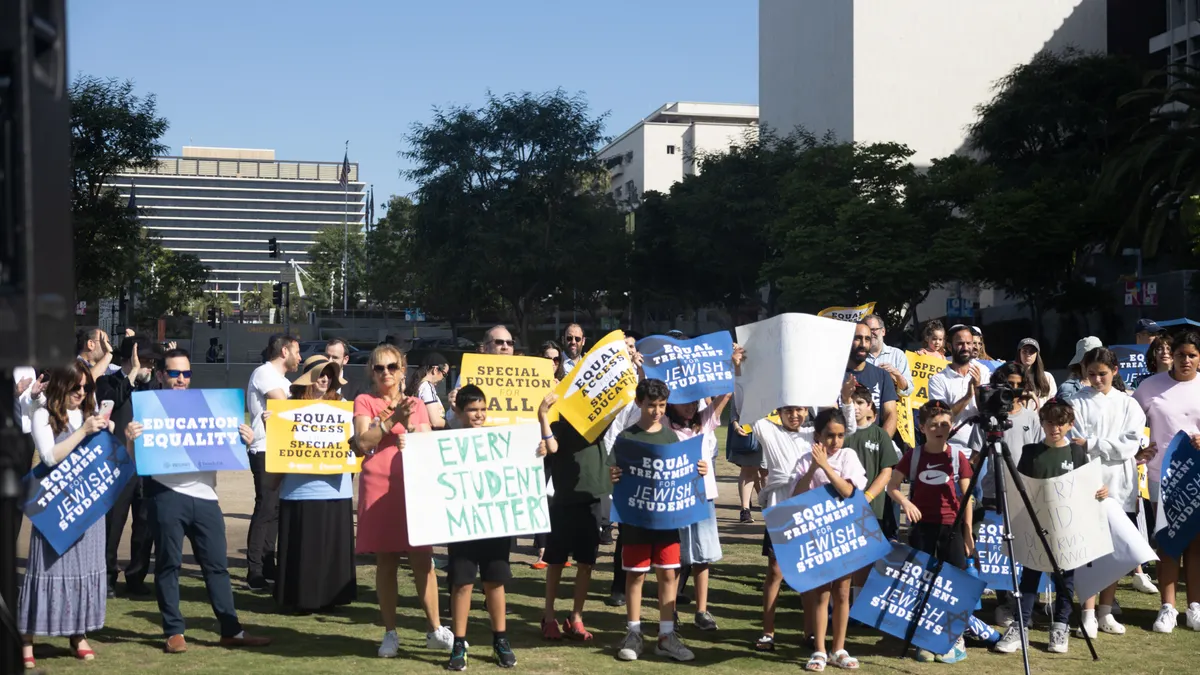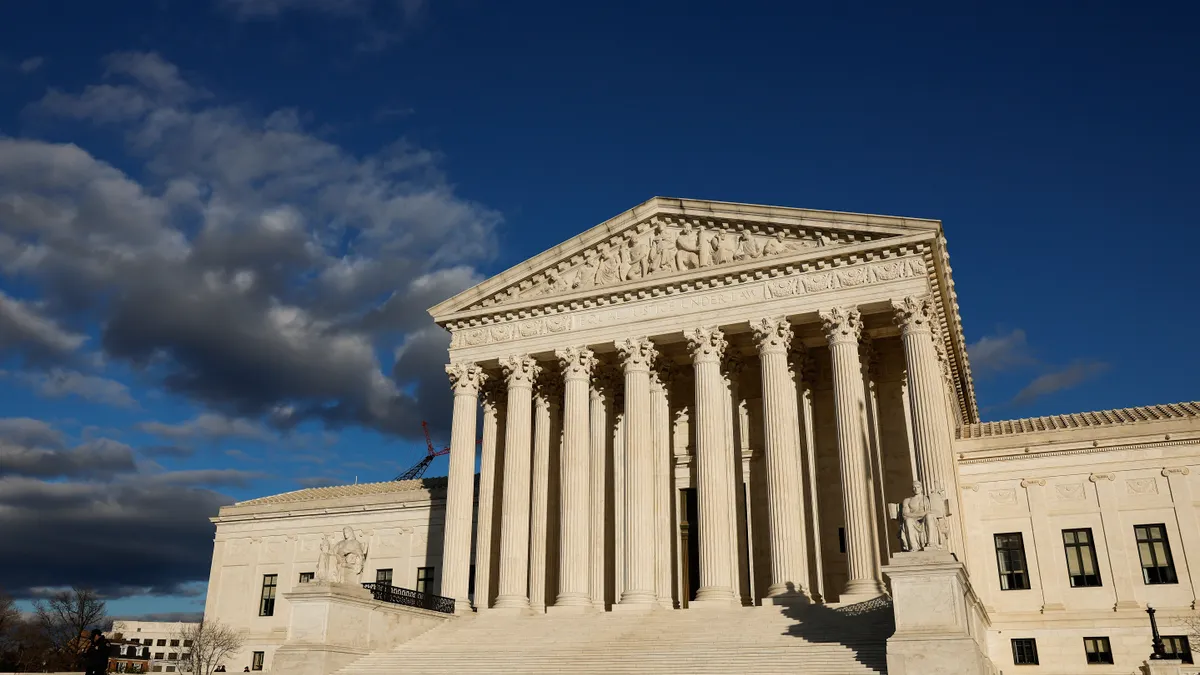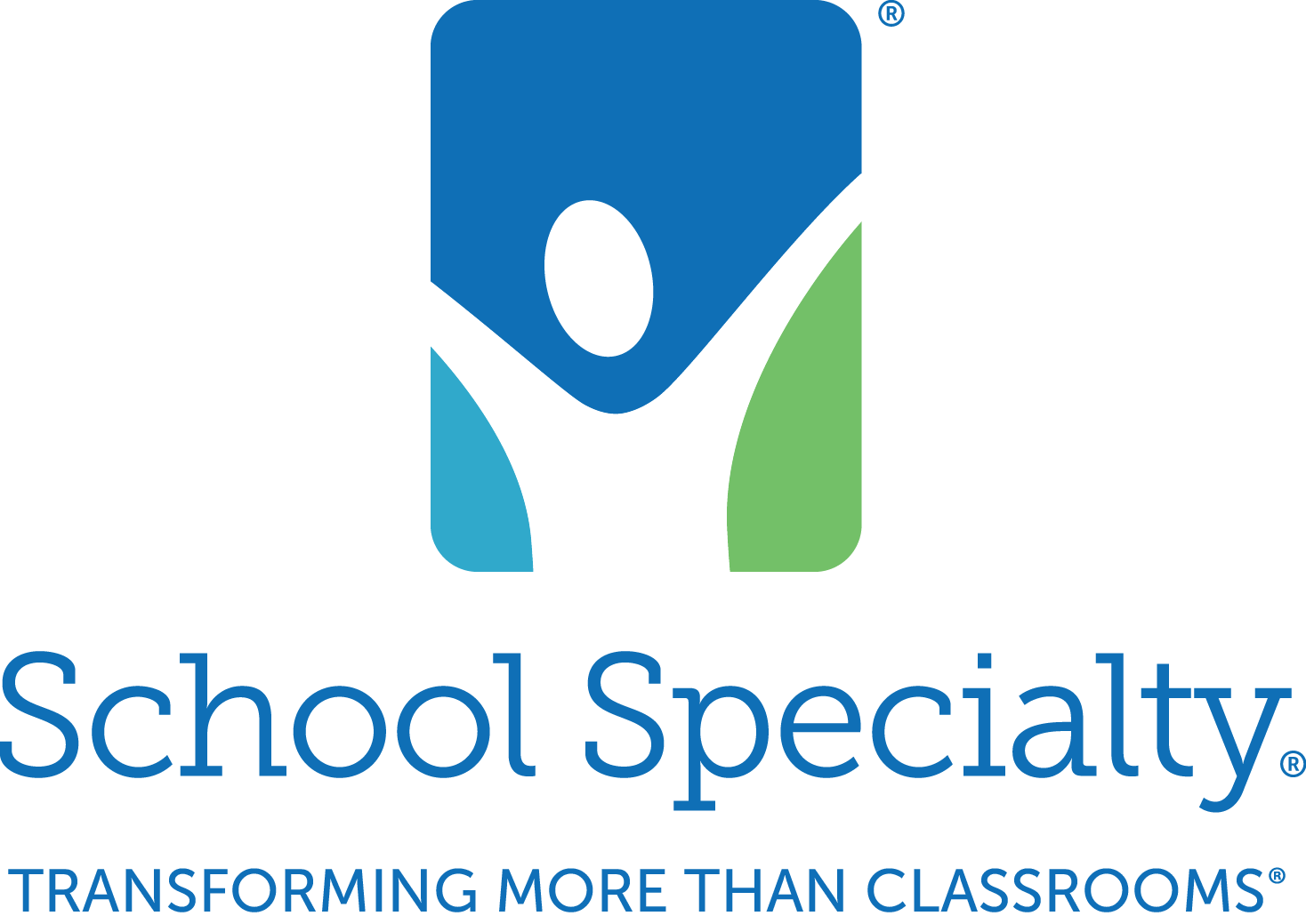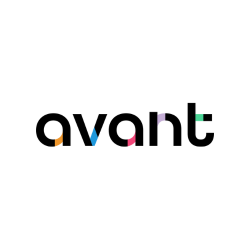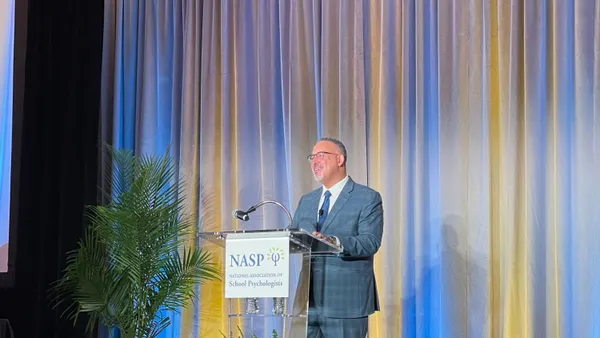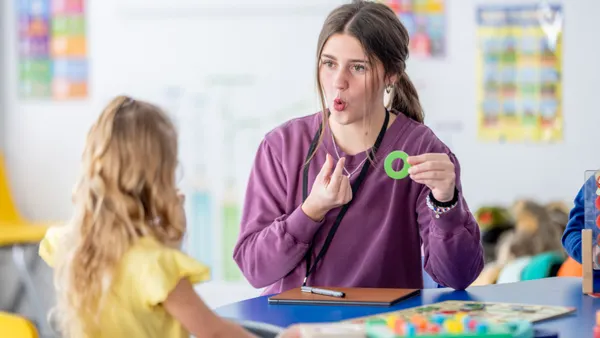Dive Brief:
- The California Department of Education and the Los Angeles Unified School District will include religious private schools as potential placements for students with disabilities, according to a settlement agreement reached Monday between the school systems and a group of Jewish parents and schools. The agreement means public funding for special education could be used for tuition at religious schools.
- The parents and schools sued the state and district in 2023 because school systems wouldn't consider Orthodox Jewish schools as potential school placements for students with disabilities, which they claimed was unconstitutional religious discrimination.
- The agreement is a "win for religious liberty," the plaintiffs said, but public school advocates and those promoting the separation of church and state said it would expand the use of taxpayer-funded money being used for religious education.
Dive Insight:
The plaintiffs in Loffman v. California Department of Education had challenged a California code that excluded religious private schools from being an option for students with disabilities whose individualized education program team determined the student's needs could not be met in the public school setting.
When these types of school-determined placements are made, school systems typically pay the student's tuition and other education expenses. School systems also provide child find services and other resources for parentally placed students with disabilities who attend private schools, including religious ones.
When students with disabilities are placed by their parents in private schools, they do not have the right to all of the protections under the federal Individuals with Disabilities Education Act, and the parent would be responsible for those education costs. However, when IEP teams make that placement decision, those IDEA due process rights follow the student to the private school setting.
Most students with disabilities are served by public schools. In 2017‑18, California schools provided special education services to about 2,300 students attending private schools, according to the California Legislative Analyst's Office.
During the 2021-22 school year, 77% of private school K-12 students attended a religiously affiliated school, with the largest percentage enrolled in Catholic schools at 35% of all private school enrollment, according to the Pew Research Center.
In the lawsuit agreement, the California DOE and LAUSD are prohibited from enforcing the nonsectarian requirement for private school placements of students with disabilities and have agreed not to appeal the consent judgment. The agreement means the state will begin to allow religiously affiliated schools to apply to be considered as potential IEP-determined placements and will provide the necessary oversight of those services.
In October 2024, the 9th U.S. Circuit Court of Appeals ruled in the plaintiff's favor.
“For too long, California has discriminated against children with disabilities simply because of their faith," said Daniel Mitzner, director of government affairs at Teach Coalition, in a statement. "This settlement puts that injustice to an end and ensures that Orthodox Jewish families can access the same disability funding as everyone else.”
Teach Coalition is a nonprofit that supports Jewish schools. The coalition worked alongside The Becket Fund for Religious Liberty, a nonprofit that advocates for free expression of all faiths, which represented the plaintiff parents and schools in the lawsuit.
The U.S. Supreme Court is expected to rule soon on a case that calls for the creation of the nation’s first Catholic public charter school, which supporters say would give students and families more education options. Opponents, however, say the expansion of publicly funded religious schools would hurt funding for public schools.
The California Department of Education and LAUSD did not respond to requests for comment prior to publication.
Disability rights advocates, public school supporters and researchers have cautioned parents who opt to place their students with disabilities in private schools — both religious and nonreligious. That’s because they would lose their IDEA due process rights and private schools do not have to uphold anti-discrimination laws in the same way public schools are required to.


